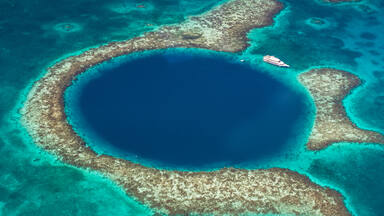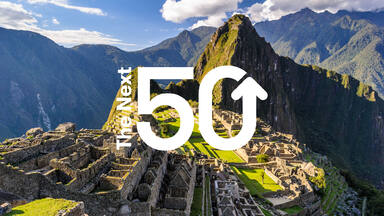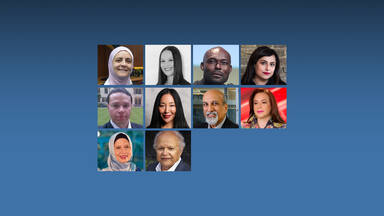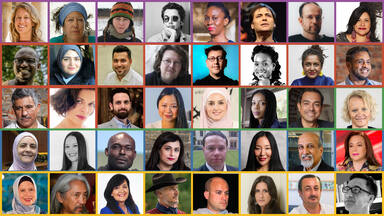Rana Dajani
Molecular biologist and advocate for science education for women
Zoe Butt
Curator and writer
Vision for the Next 50
In the Next 50… Heritage is built on stories and narratives that are expressed by displaced people and people from the Global South in their own language to shape memories and change stereotypes.
In the Next 50… South-South exchanges and dialogue are fostered to understand the different contexts and to come up with appropriate solutions for heritage against global crises.
Summary
Dialogue between Rana Dajani and Zoe Butt centred around storytelling and the narrative of the Global South. Since storytelling is fundamental to transferring knowledge and informing different situations, intercultural dialogue is important to understand one another and envision the future that corresponds to different contexts. Dajani spoke about how storytelling is a crucial part of heritage because it shapes memories and thoughts, which ultimately constitutes heritage. She also believes that diasporas can serve as a bridge of exchange as they can better translate the context because of their understanding of two different cultures. Butt highlighted the role of artists as storytellers who use images and materials to remind us of the world today. She also emphasized the role of South-South dialogue to share different ideas and to work together to find solutions for humanity and for heritage.
Dialogue
Watch the dialogue
Explore other sessions
Five dialogue sessions covering five themes take place in 2022, each joined by thinkers in paired dialogue from diverse regions. The interdisciplinary dialogues inspire new visions for the next 50 years of World Heritage.



